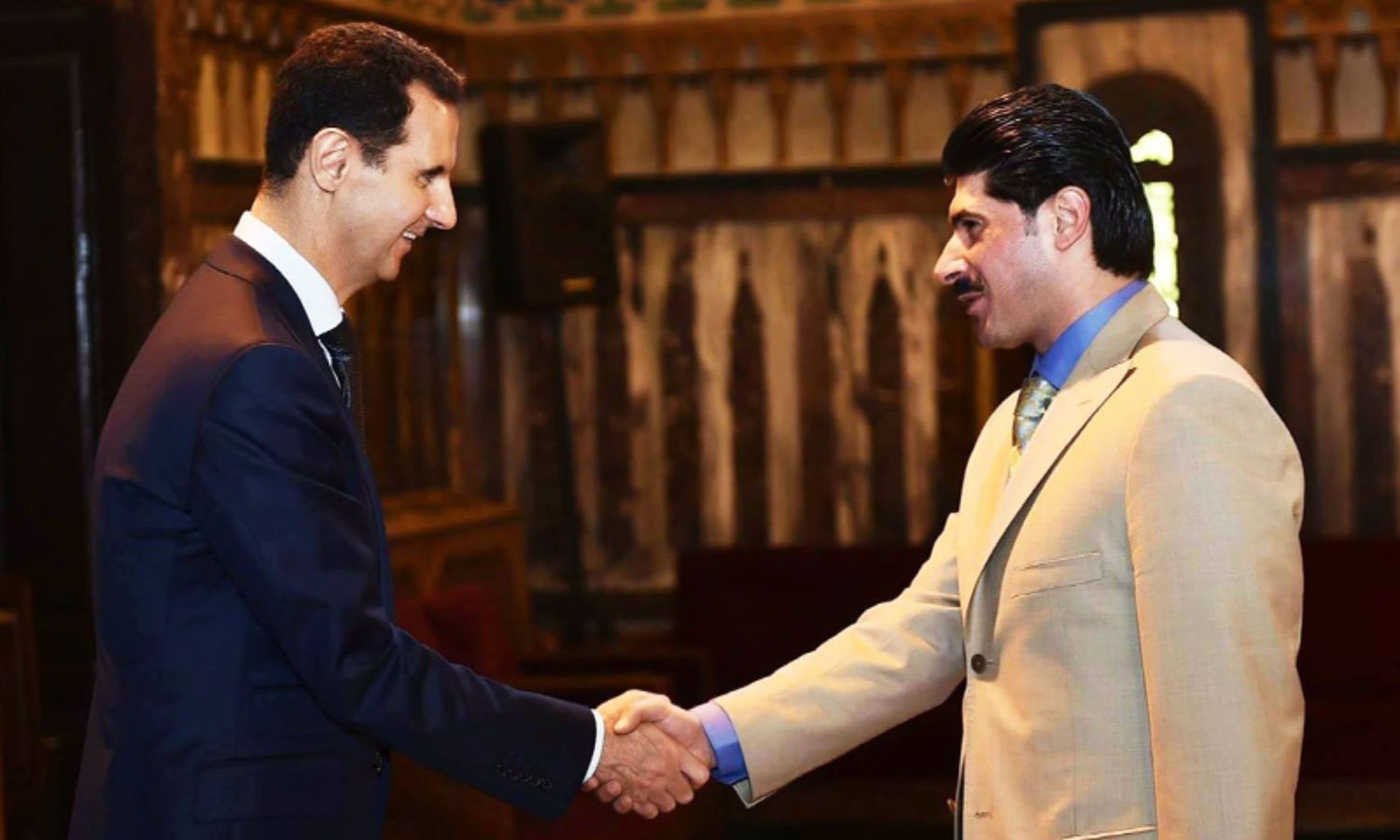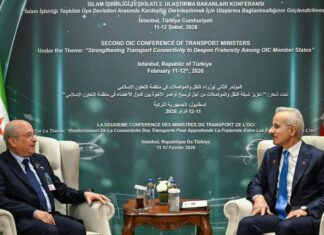
Last week, the US Treasury Department announced sweeping sanctions targeting 26 individuals, companies, and vessels linked to Syria’s Al-Qatirji Company, accusing the conglomerate of generating hundreds of millions of dollars in revenue for Iran’s Islamic Revolutionary Guard Corps-Quds Force (IRGC-QF) and the Houthis in Yemen through illicit oil trading.
The sanctions, imposed by the Treasury’s Office of Foreign Assets Control (OFAC), aim to disrupt the financial networks fueling what the US describes as Iran’s destabilizing regional activities. According to the Treasury, Al-Qatirji facilitates the export of Iranian oil to Syria and East Asia, including China, and launders proceeds through major cities such as Istanbul and Beirut. A portion of the revenue is reportedly sent to the Houthis, who receive millions of dollars monthly.
The US Treasury emphasized Al-Qatirji’s pivotal role in funding IRGC-QF operations. “Iran increasingly relies on key business partners like the Al-Qatirji Company to fund its destabilizing activities and web of terrorist proxies across the region,” said Bradley T. Smith, Acting Under Secretary of the Treasury for Terrorism and Financial Intelligence.
The company has allegedly become one of the IRGC-QF’s primary financial conduits, enabling the group to generate hundreds of millions of dollars in revenue in 2024 alone. These funds have supported Iranian proxies across the region, including the Houthis, who have used the funds to sustain their ongoing conflict in Yemen.
This is not the first time the Al-Qatirji Company has been in OFAC’s crosshairs. In 2018, the company was sanctioned for facilitating fuel trade between the Assad regime and ISIS, actions that underscored its connections to illicit networks across the region. Following the assassination of company founder Muhammad Baraa Al-Qatirji in mid-2024, leadership passed to his brother, Hussam Al-Qatirji, who has been directly involved in oil trade negotiations with the IRGC-QF and other actors.
Al-Qatirji’s fleet of vessels has been instrumental in transporting Iranian petroleum, with ships such as the Romina (flagged by Iran), Baron (flagged by Guyana), and Rex (flagged by Panama) identified as part of the network. These ships, along with others flagged by countries such as Palau and Panama, have been blacklisted by OFAC.
The US government’s step demonstrates its commitment to countering Iran’s influence in the region. The IRGC-QF, designated under Executive Order 13224 in 2007, continues to be a focal point of US counterterrorism efforts. By targeting Al-Qatirji’s network, the US aims to sever a critical financial lifeline that has funded Iran’s regional proxy wars and terrorist activities.
“The Treasury Department will continue to take all available measures to restrict Iran’s ability to profit from the illicit schemes that enable its dangerous regional agenda,” Smith said. In addition to its ties to the IRGC-QF, Al-Qatirji has reportedly collaborated with other sanctioned entities, including financial operatives connected to the Houthis. The company’s activities highlight the expansive network of illicit trade underpinning conflicts across the Middle East, from Syria to Yemen.
These sanctions are expected to freeze the assets of the individuals, companies, and vessels involved, blocking them from accessing the US financial system and deterring international entities from engaging with them. The Treasury’s announcement comes amid heightened tensions in the region and growing international scrutiny of Iran’s activities. It reflects ongoing efforts by the US to contain threats posed by Iran’s support for its proxies and partners in Syria, Yemen, and beyond.








